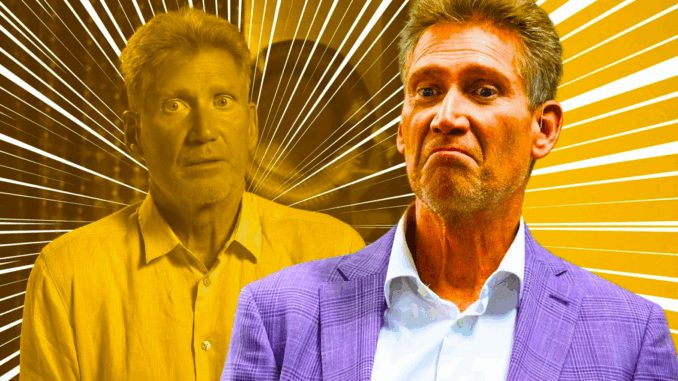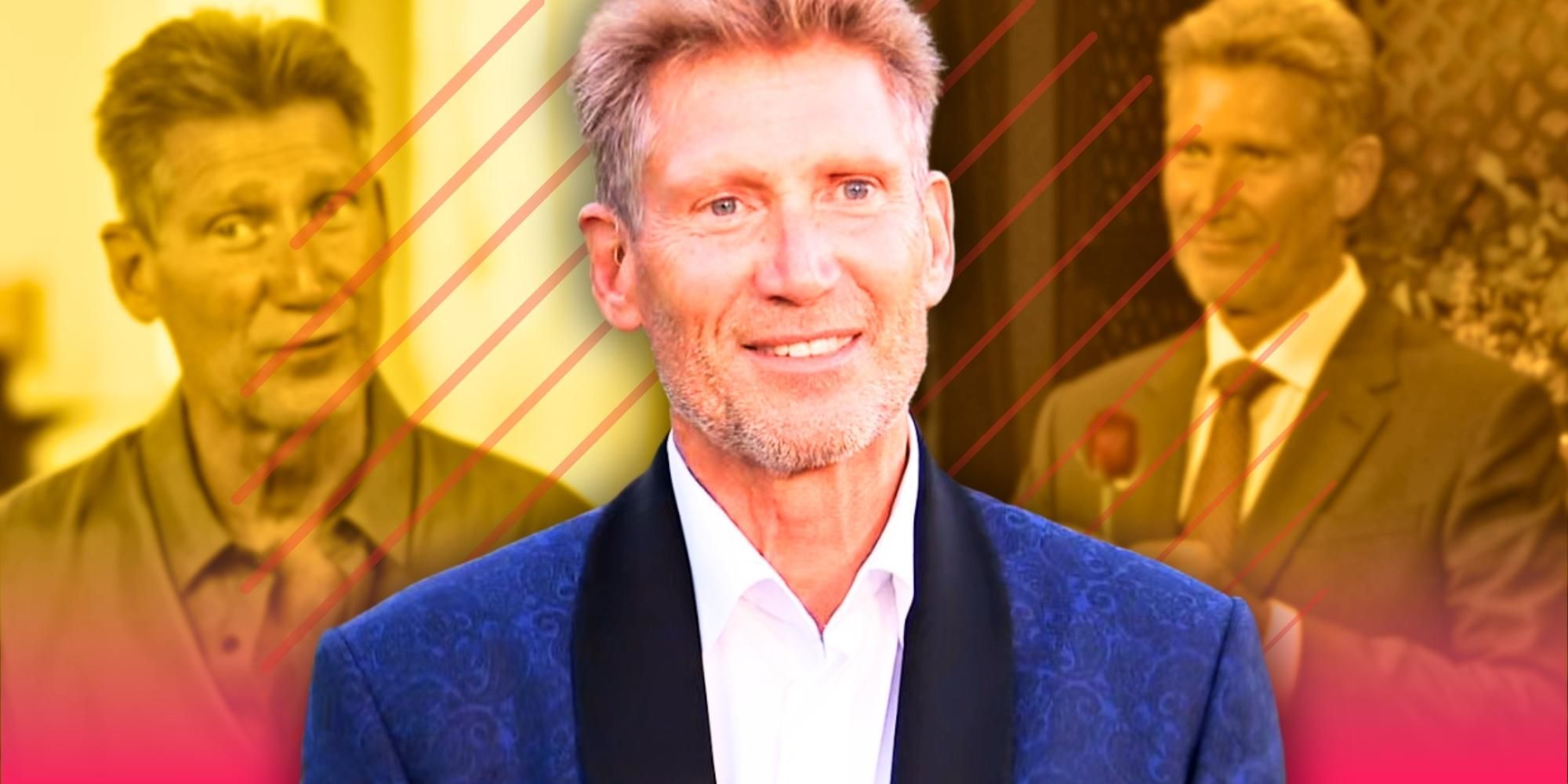
Beyond the Fairy Tale
At first glance, The Golden Bachelor might look like a feel-good twist on a familiar formula: older contestants, fresh chances at love, and a more wholesome tone. But spend more than a few minutes with the show, and you’ll realize that this is not just about dating—it’s about legacy, identity, and how people reclaim their stories in the second half of life.
This isn’t a mere age-friendly remake of The Bachelor. It’s a reality show that dares to be emotionally intelligent, emotionally generous, and—perhaps most importantly—emotionally real. The Golden Bachelor invites viewers not just to root for love, but to witness people navigating loss, reinvention, and self-worth in deeply personal ways.
Reclaiming Romance After Loss
One of the most moving aspects of The Golden Bachelor is how directly it tackles grief. Many contestants—including leading ladies like Theresa Nist and Joan Vassos—enter the show after losing long-term partners. This isn’t framed as tragic backstory; it’s integral to how they love and what they need in a partner today.
These aren’t people just seeking companionship. They’re actively rebuilding their lives, holding space for the past while opening themselves to a future they didn’t expect. Watching them go on dates, share their fears, and—sometimes—fall in love again is a masterclass in vulnerability. It’s the kind of emotional narrative rarely seen on mainstream television, especially involving people over 60.
And it’s resonating. Viewers across generations see themselves and their parents in these stories. In an industry that often worships youth and reinvention, The Golden Bachelor offers a different message: it’s never too late to love again, even if you’re still healing.
Identity Isn’t Static
What makes The Golden Bachelor so powerful is that it recognizes aging not as an endpoint, but as a continuation of identity. The people on this show aren’t reduced to tropes or tokens. They are teachers, retired military officers, grandmothers, entrepreneurs. And they’re still evolving.
Susan Noles, for instance, offers comic relief and warm energy but also shows real wisdom about boundaries and friendship. Leslie Fhima brings fire and edge, balancing her vibrant physicality with introspective moments about what she’s looking for in a partner—now that she finally knows herself.
These contestants are not seeking to reinvent themselves to be chosen; they are learning to reintroduce themselves to the world. That subtle shift—between self-erasure and self-declaration—is one of the most quietly radical things the show offers.
Second Chances and the Courage to Begin Again

The Golden Bachelor reminds us that second chances require courage. It takes guts to date on national television at any age—but even more so when your children are watching, your past is public, and your heart has already been broken.
And yet, the cast steps up. They dance, they flirt, they cry, they show up for one another. There’s a bravery in that simplicity.
Gerry Turner, the inaugural Golden Bachelor himself, embodies this. A widower who often speaks of his late wife with tenderness and respect, Gerry doesn’t pretend to have it all figured out. He’s cautious, hopeful, and sincere—qualities that, oddly, feel brand-new for a dating show lead.
And it works. Audiences aren’t asking for perfection. They’re asking for honesty. That’s exactly what The Golden Bachelor gives them.
An Invitation to Rethink Aging
In subtle but significant ways, The Golden Bachelor is reshaping how we see aging. On most dating shows, contestants over 40 are anomalies. Here, they are the stars—and they’re not just dignified; they’re vibrant, stylish, complicated, and desirable.
The show doesn’t make jokes about memory lapses or body aches. It doesn’t infantilize or romanticize its contestants. Instead, it trusts them to lead the emotional arc—and trusts viewers to follow.
This portrayal matters. It challenges the idea that life after 60 is about winding down. Instead, it suggests that growth, joy, intimacy, and even reinvention remain possible long after society’s so-called expiration date.
A Mirror for Viewers at Any Age
What’s perhaps most surprising is how broad the appeal of The Golden Bachelor has turned out to be. While it might seem designed for an older demographic, it’s striking a chord with millennials and Gen Z viewers, too.
Why? Because everyone, regardless of age, fears loneliness. Everyone wrestles with identity, healing, and hope. And everyone—whether they admit it or not—wants to believe that love can come back when you least expect it.
By showing us people who have lived full lives and still choose to take risks, the show offers more than entertainment. It offers a reminder: we’re all still becoming.
Final Thoughts
The Golden Bachelor isn’t just a spin-off—it’s a breakthrough. With every heartfelt conversation, every thoughtful choice, and every new relationship formed, it nudges the cultural needle forward. It says: older adults are not invisible. They’re not done. They’re not defined by who they lost or what they used to be.
They are still worthy of screen time—and still worthy of love.
In a media landscape cluttered with spectacle, The Golden Bachelor stands apart because it dares to be simple, sincere, and true. And sometimes, that’s the most revolutionary thing of all.